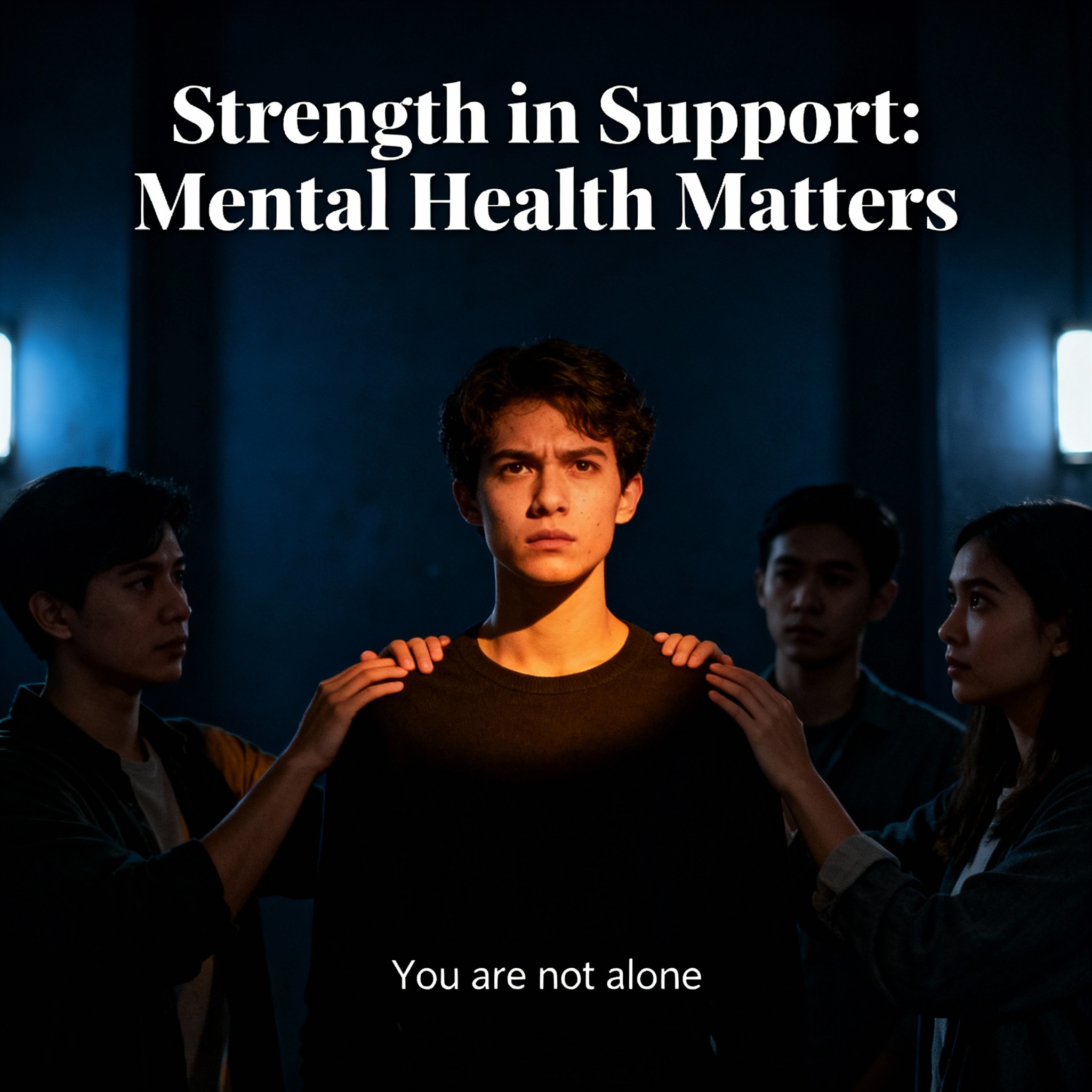Poor mental health doesn't just affect how you feel emotionally—it creates a cascading impact across every dimension of your daily functioning and quality of life. When mental health deteriorates, the effects permeate through work performance, personal relationships, physical health, and basic daily activities. Understanding these wide-reaching impacts is crucial because it highlights why seeking help isn't optional—it's essential for reclaiming your life. The good news is that recognizing these effects represents the first critical step toward seeking support and making positive changes that can reverse these impacts and restore wellbeing.
Impact on Work and Productivity
Mental health issues can dramatically affect job performance and career trajectory. When struggling with conditions like depression or anxiety, you may experience profound difficulty concentrating on tasks, making even simple decisions, or meeting routine deadlines. Your ability to think clearly becomes compromised, and what once felt manageable now seems overwhelming. Depression and anxiety lead to increased absenteeism, with affected employees taking significantly more sick days than their mentally healthy counterparts. Globally, approximately 12 billion working days are lost each year to depression and anxiety alone—costing the global economy an estimated $1 trillion annually in lost productivity.
Impaired executive function—your brain's ability to plan, organize, prioritize, and complete tasks—is particularly common with anxiety and depression. This cognitive impairment can make even straightforward work tasks feel insurmountable. You might find yourself staring at your computer screen unable to start, procrastinating on important projects, or missing critical details. Presenteeism—being physically present at work but mentally unable to perform effectively—becomes a chronic issue that affects both job security and career advancement.
Relationship Strain
Mental health challenges place tremendous stress on personal relationships, often creating a painful paradox—you need support most when you're least able to reach out for it. Communication becomes difficult as you may struggle to articulate feelings or find yourself withdrawing from social interactions entirely. Irritability intensifies, causing you to snap at loved ones over minor issues, creating guilt that compounds existing distress. Partners, family members, and friends often feel helpless, confused, or even frustrated as they watch you struggle, unsure how to help effectively.
Anxiety can create dependency patterns where constant reassurance-seeking overwhelms loved ones, while depression creates emotional distance that leaves others feeling shut out. The isolation that frequently accompanies mental health struggles can lead to a vicious cycle—withdrawing from relationships due to mental health issues, then feeling more isolated and depressed as a result, which further damages relationships.
Physical Health Consequences
The mind-body connection means poor mental health inevitably takes a physical toll. Chronic stress elevates cortisol levels continuously, leading to weight gain (particularly dangerous belly fat), high blood pressure, and weakened immunity. Your body essentially remains in a constant state of alert, never getting the chance to rest and restore. Mental health conditions significantly increase risk for chronic diseases—depression doubles the risk of heart disease and increases diabetes risk by 60%. The inflammatory response triggered by chronic mental distress contributes to arthritis, digestive disorders, and autoimmune conditions.
Sleep problems affect 50-80% of people with mental health conditions, compared to just 10-18% of the general population. Poor sleep then worsens mental health, creating another destructive cycle that's difficult to break without intervention.
Daily Living Challenges
Basic daily activities that most people take for granted can become monumentally difficult. Personal hygiene may slip, eating patterns become irregular (either barely eating or binge eating for comfort), and maintaining your living space feels impossible. Decision-making—even choosing what to eat or wear—becomes exhausting and anxiety-provoking. You may start avoiding situations that trigger anxiety, progressively limiting your world and missing out on experiences essential for personal growth and life satisfaction.
The encouraging reality: These impacts are largely reversible with proper treatment and support. Recognizing these signs isn't about discouragement—it's about empowerment. Understanding what you're experiencing validates your struggle and makes it clear that seeking professional help isn't weakness but wisdom. Recovery is possible, and with the right support, you can reclaim control over your life and restore functioning across all these domains.
Related Articles
References & Sources
- Mayo Clinic - Mental Health Impact
- McLean Hospital - Mental Health & Relationships
- World Health Organization
- American Psychiatric Association



